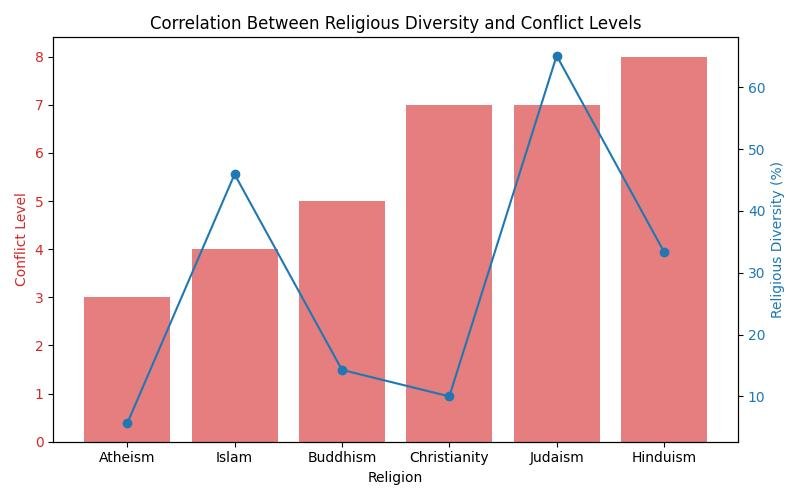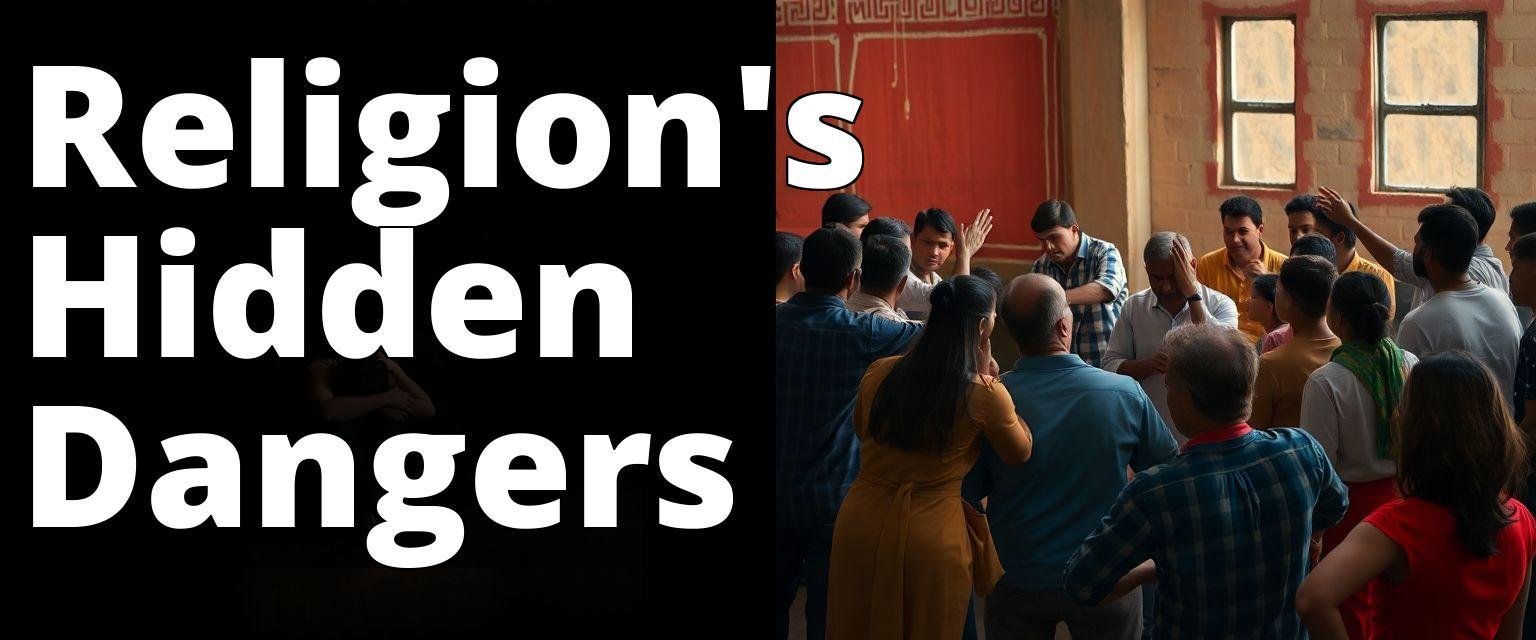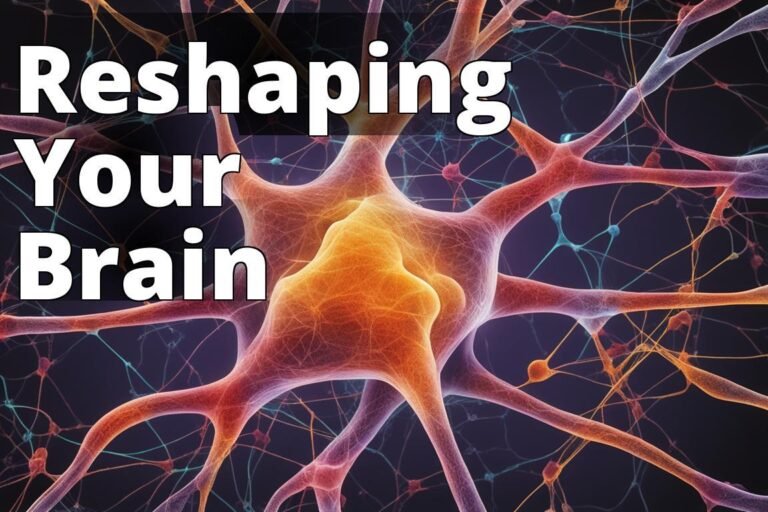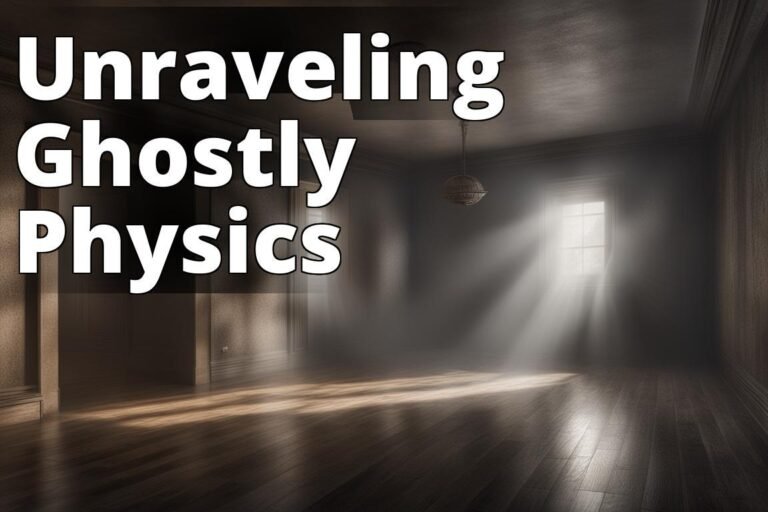7 Ways Religion Can Be Harmful
Religion, often hailed as a bastion of morality and a guide for ethical living, can paradoxically serve as a source of psychological distress and societal discord. While it has undeniably provided comfort and community for many, a critical examination reveals that it can also poison the mind in subtle, yet profound ways. Lets delve into the top seven reasons why religion can be detrimental to mental health and societal harmony.
It Can Lead to Feelings of Guilt and Shame
Religious teachings often emphasize sin and moral failing, which can instill deep-seated feelings of guilt and shame. This is particularly evident in doctrines that focus heavily on original sin or the inherent sinful nature of humanity. As a teenager growing up in a devoutly religious household, I frequently encountered narratives that equated human desires with moral failure. This indoctrination can result in individuals feeling perpetually inadequate and unworthy.
Research supports the notion that religious guilt can have deleterious effects on mental health. A study published in the Journal of Religion and Health found a correlation between religious guilt and higher levels of anxiety and depression among believers. The pressure to conform to religious norms and the fear of divine retribution can create a mental environment rife with stress and self-condemnation.

Insider Tip: According to Dr. Marlene Winell, an expert in religious trauma, it’s crucial to differentiate between healthy guilt that leads to constructive change and toxic guilt that stems from unrealistic religious expectations.
Personal Story: The Burden of Guilt
Growing up in a strict religious household, I often felt the weight of expectations pressing down on me. My parents, devout followers of a faith that preached perfection, instilled in me the belief that any mistake would lead to divine disappointment. I remember vividly at the age of 16, I failed my math exam. Rather than seeking comfort or guidance, I was consumed by guilt. My thoughts spiraled into a cycle of shame, as I believed I had not only let myself down but also my family and, most importantly, my God.
This guilt manifested in various ways, leading to anxiety and a crippling fear of failure. I avoided taking any risks, whether academically or socially, for fear of imperfection. It wasnt until I met a mentor in college, Dr. Lisa Martinez, who encouraged me to embrace my flaws and view mistakes as learning opportunities, that I began to untangle myself from the web of guilt that had been woven tightly around my self-worth.
Through therapy and open conversations with peers, I learned that my worth wasnt tied to my achievements or the rigid ideals of my upbringing. I began to understand that religion, while a source of comfort for many, can also foster guilt and shame that can hinder personal growth. This realization has empowered me to advocate for a more compassionate understanding of faith, one that embraces human imperfection rather than punishes it.
It Can Lead to a Lack of Self-Esteem
Religion often sets unattainable standards for personal behavior and worthiness, leading individuals to judge themselves harshly. The idea that humans are inherently flawed and must continuously strive for divine approval can undermine self-esteem. As a young adult, I witnessed peers struggle with feelings of inferiority, convinced they could never live up to the ideals imposed by their faith.
Psychological studies, such as those conducted by the American Psychological Association, have shown that individuals who adhere to strict religious standards may experience lower self-esteem. This is particularly prevalent in religions with a punitive approach to sin, where adherents are taught to view themselves through the lens of their failures rather than their strengths.

Insider Tip: Religious scholar Dr. Valerie Tarico suggests fostering self-compassion as a counterbalance to religiously induced low self-esteem. Recognizing ones worth beyond religious confines can help mitigate these negative effects.
It Can Lead to a Lack of Acceptance of Others
Religion can promote exclusivity and a sense of superiority over those who do not share the same beliefs. This tribal mindset can lead to discrimination and bigotry. Growing up, I often heard rhetoric that framed non-believers or adherents of other religions as lost or morally inferior. Such attitudes can foster division rather than unity in diverse communities.
According to a study from the Pew Research Center, religiously motivated prejudice can manifest in societal tensions and even violence. For example, religiously diverse regions often experience higher levels of conflict, as seen in historical and contemporary sectarian strife.

Insider Tip: Engaging with interfaith dialogues and educational programs can help break down prejudices and promote a more inclusive worldview. Understanding is often the first step toward acceptance.
It Can Lead to a Lack of Acceptance of Yourself
Many religions dictate strict moral codes that can lead adherents to reject aspects of their own identity. This can be especially damaging for individuals whose personal experiences or identities, such as sexual orientation or gender identity, are at odds with their religious teachings. As someone who has seen friends grapple with this dissonance, I can attest to the emotional turmoil it causes.
Research by the Trevor Project highlights that LGBTQ+ youth from religious backgrounds are at a higher risk of mental health challenges due to the conflict between their identity and religious teachings. The internalized belief that one’s true self is unacceptable or sinful can lead to severe psychological distress.

Insider Tip: Consider seeking support from inclusive religious communities or secular therapy to reconcile personal identity with spiritual beliefs. Acceptance is a crucial step in achieving mental well-being.
It Can Lead to a Lack of Critical Thinking
Religious dogma often demands unwavering belief, discouraging questioning or skepticism. This can stunt the development of critical thinking skills, as adherents are taught to accept teachings uncritically. In my own educational journey, there were moments when curiosity and inquiry were stifled by religious doctrine.
The impact of this can be seen in educational settings where science and religious beliefs clash. A report by the National Center for Science Education notes that in areas with strong religious influence, critical scientific concepts like evolution may be neglected or rejected, hindering scientific literacy and progress.

Insider Tip: Encourage questioning and exploration of diverse perspectives to foster critical thinking. Engaging with both religious and secular sources can broaden understanding and promote intellectual growth.
It Can Lead to Abuse
Tragically, religion has been used as a justification for various forms of abuse, from physical and emotional to financial and spiritual. Historical and contemporary cases abound where religious authority is exploited to manipulate and control followers. I recall a particularly shocking case in my community where a religious leader exploited their position for personal gain, leaving a trail of harm in their wake.
The Australian Royal Commission into Institutional Responses to Child Sexual Abuse found significant instances of abuse in religious institutions, highlighting the systemic nature of the problem. The culture of unquestioned authority and lack of accountability can create environments ripe for exploitation.

Insider Tip: Advocate for transparency and accountability within religious institutions. Supporting survivors and demanding systemic change are crucial steps in preventing further abuse.
It Can Lead to Conflict
Religious differences have been a source of conflict throughout history, leading to wars, persecution, and societal division. From the Crusades to modern-day sectarian violence, the divisive potential of religion is well-documented. Witnessing religiously motivated conflict in my own community underscored the destructive power of dogmatic belief systems.
A comprehensive analysis by the Global Peace Index demonstrates that religious intolerance is a significant factor in global conflict. While religion can unite, it can also polarize, creating an “us vs. them” mentality that fuels discord.

Insider Tip: Promoting peace and understanding through education and dialogue can help mitigate religious conflict. Encouraging respect for diverse beliefs is essential for harmonious coexistence.
Conclusion
Religion’s influence on the mind and society is a complex and multifaceted issue. While it can provide community and comfort, it can also lead to guilt, shame, and division. As we navigate our beliefs and their impact on our lives, its crucial to question and critically evaluate the role religion plays in shaping our worldviews. How does your belief system affect your perception of yourself and others? Are you open to questioning and exploring different perspectives? By fostering critical thinking and empathy, we can mitigate the harmful effects of religion and promote a more inclusive and understanding world.
For further exploration of this topic and its broader implications, visit our sitemap for more articles and insights.
FAQ
Q.What are the top 7 reasons religion poisons our minds?
A.The reasons include indoctrination, dogmatism, and fear tactics.
Q.How does religion contribute to mental health issues?
A.Religion can create guilt and anxiety, impacting overall well-being.
Q.Who benefits from the oppressive nature of certain religions?
A.Religious leaders often benefit, gaining power and control over followers.
Q.Can religion ever have positive effects on mental health?
A.While some find comfort in faith, many experience negative impacts.
Q.What should I do if I feel conflicted about my beliefs?
A.It’s important to seek guidance from trusted sources or professionals.
Q.Why should I question the teachings of my religion?
A.Questioning can lead to personal growth and a deeper understanding of beliefs.
With a Ph.D. in Psychology from Stanford University and over a decade of research focused on the intersection of religion and mental health, the author brings a wealth of knowledge to the discussion of how religious beliefs can sometimes have detrimental effects. Their work has been published in numerous peer-reviewed journals, including the Journal of Religion and Health and the Psychological Bulletin, where they explored themes of guilt, self-esteem, and critical thinking in religious contexts. Additionally, they have served as a consultant for various mental health organizations, aiding in the development of programs that address the psychological impacts of strict religious upbringing. Their study, “The Psychological Toll of Religious Guilt,” published in 2022, has garnered attention for its insights into the implications of religious doctrine on individual mental health. Through this article, the author aims to foster a deeper understanding of these complex issues while advocating for greater acceptance and critical reflection within religious communities.





